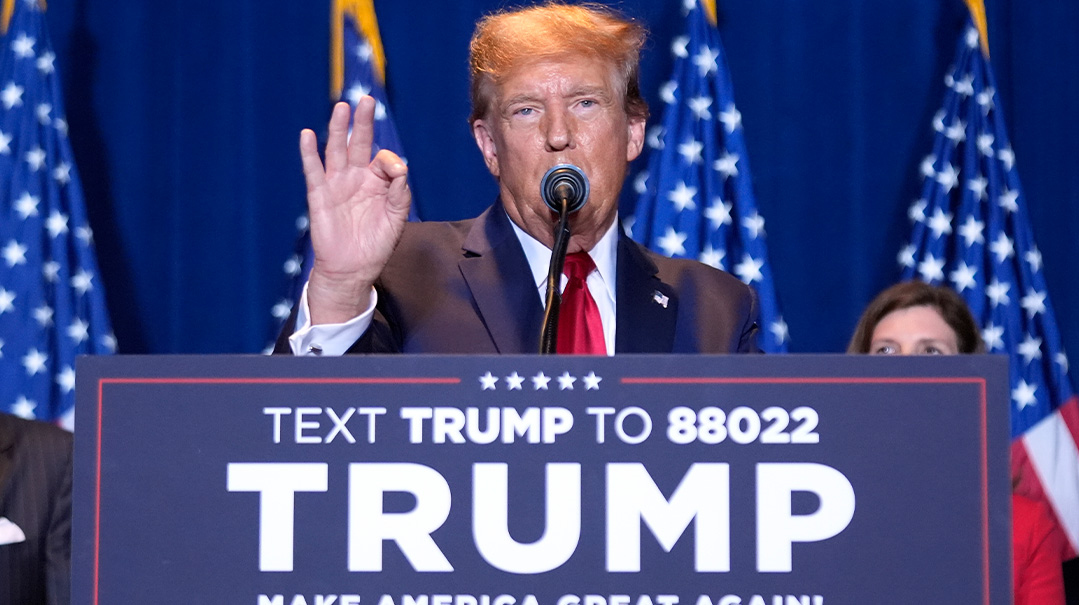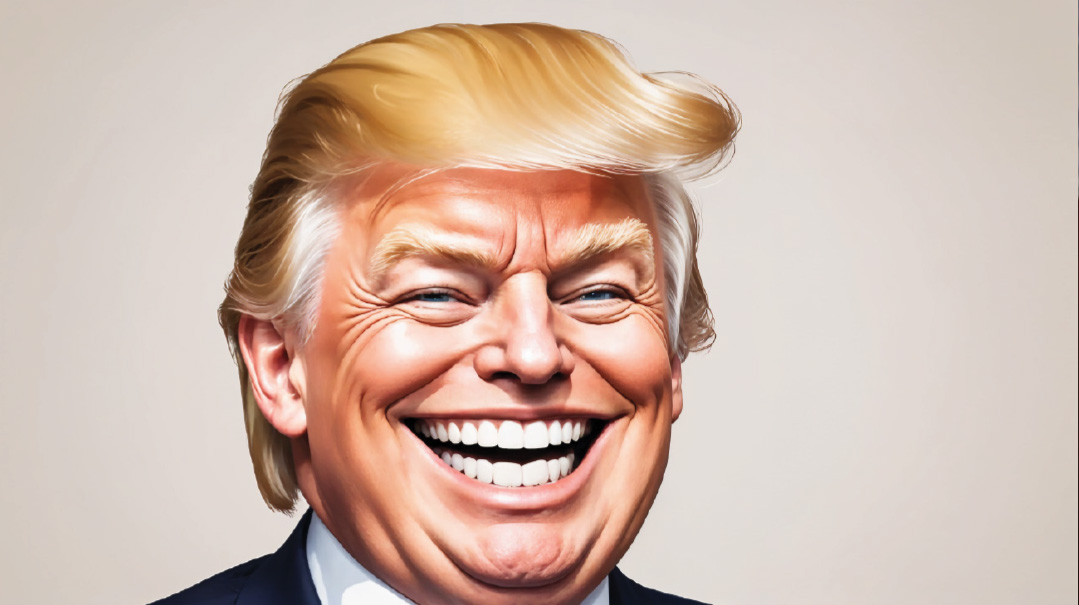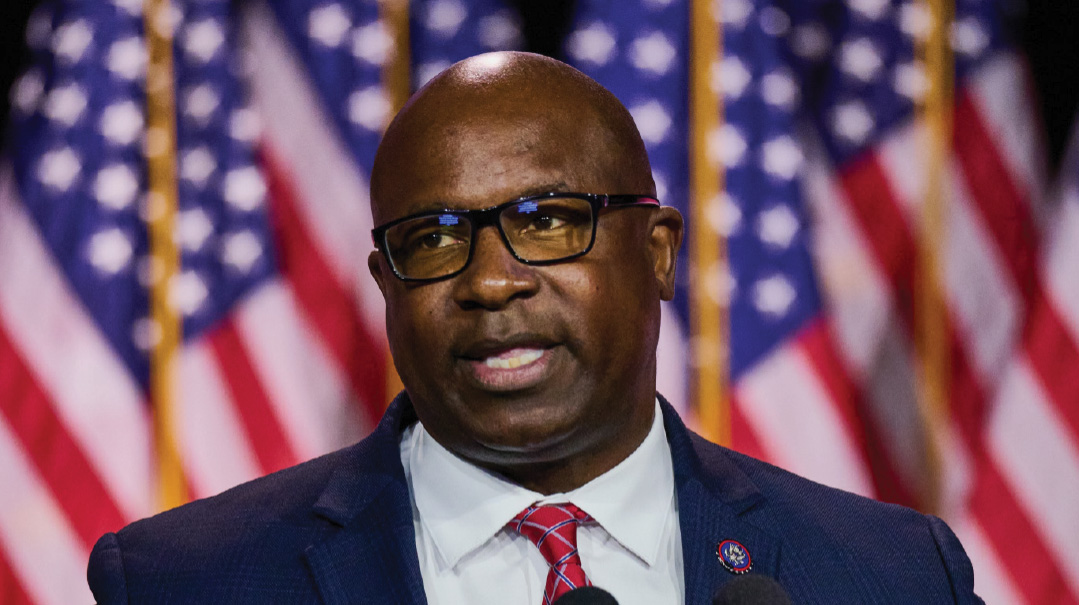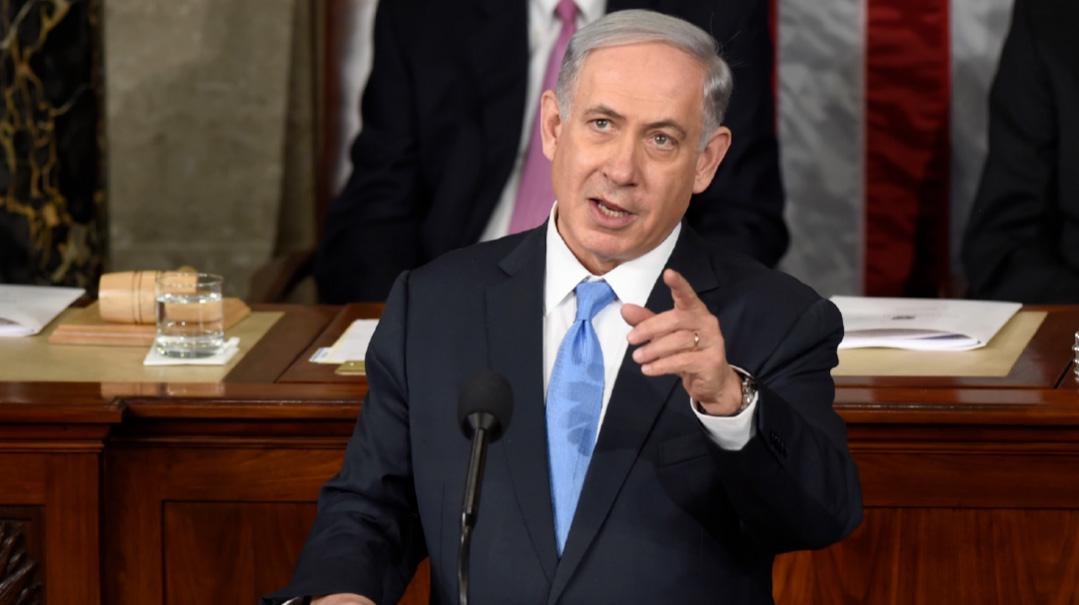Did Republicans Outsmart Themselves?

In a certain respect, the 2024 Republican presidential primaries have also been rigged

Donald Trump has never been shy about telling us that the 2020 presidential election was rigged to his detriment.
In a certain respect, the 2024 Republican presidential primaries have also been rigged, this time to Trump’s benefit, even if that wasn’t necessarily the intention.
The Republican National Committee (RNC) set a high bar for candidates to qualify for the debates: they had to have demonstrated a strong showing in early polls and assembled significant numbers of donors. These rules ended up weeding out the bulk of Trump’s competition even before the primaries got underway.
The RNC contends it had to set rigorous terms for the candidates’ debates to avoid a repeat of the 2016 spectacle, in which 17 candidates clamored to get in a word edgewise under the bright lights. The Talmud says you can’t hear two voices simultaneously, so 17 was a cacophony that voters couldn’t cut through. Some pundits have speculated the RNC’s goal was not to stifle competition but to propel one candidate from a smaller field who could emerge as an attractive alternative to Trump.
The fact that Nikki Haley has drawn more than 40% of the vote in New Hampshire and South Carolina shows that there was some method to the madness. But Trump has been winning 60%, and in election parlance, a 60%-40% victory is a landslide.
After absorbing her second consecutive double-digit drubbing to Trump, Haley declared that some 21 states and territories were set to vote in the next ten days: “They have a right to a real choice — not a Soviet-style election with one candidate.”
May America never descend to Russia’s level of despotism, in which the president ruthlessly dispenses with his competition, but in another ten days, the GOP will have chosen well over half of its convention delegates. Based on Trump’s domination to date, it’s safe to say that the race was decided long before it started.
In politics, rules are made to be broken, so chances are high that the RNC will change its qualifying standards again in advance of the 2028 presidential campaign. If Trump wins in 2024, he can’t run again, because presidents are limited to two terms, even if they’re not consecutive; so the party will need to encourage real competition before deciding on a new standard-bearer.
Before we look ahead to 2028, Republicans have a battle on their hands in 2024. The party will soon have a new national leader. Ronna McDaniel is stepping down as RNC chair. Trump is endorsing his daughter-in-law, Fox News commentator Lara Trump, to replace McDaniel as co-chair. Whatever Donald wants, Donald seems to get. Lara auditioned for the job at last week’s CPAC (Conservative Political Action Conference) at Baltimore’s National Harbor.
Vote Early, Not Often
In her speech to conventioneers, Lara Trump hinted that changes are afoot. She urged Republicans to change their modus operandi when casting their ballots in 2024.
“We have to adapt a little,” she said. “The truth is, if we want to compete with the Democrats, we cannot wait until Election Day. If we want to compete and win, we must embrace early voting. The days of waiting until Election Day to vote are over.”
She is right.
People can get sick or busy on Election Day, or be far from their polling precinct. Inclement weather can keep people at home. In general, voters want convenience. If you can bank and shop from home, why not vote from home, or at least at a time and place of your choosing?
In this column three months before the 2020 presidential election, I wrote a segment critical of the Trump campaign for casting doubt on the legitimacy of early voting. Whether you think it’s fair or foul, or somewhere in between — and states must do more to ensure the integrity of early voting — it’s been practiced in America and in more than half of the world’s democracies for over two decades.
Republicans seem ready to embrace Lara Trump’s message.
The Guardian reported that more than 140,000, or almost 20%, of the estimated 750,000 South Carolinians who voted in Saturday’s Republican primary voted early, or by absentee ballot.
In Michigan, which held its primary after we went to print, the Michigan Department of State reported that some 1.3 million voters had requested absentee ballots for the primary — an 80% increase from 2020. The state doesn’t break that number down by party, because it allows every registered voter to cast a ballot in the primary of their choice. However, it’s probably safe to assume that since only the Republican primaries feature a stark choice, GOP voters are showing more enthusiasm for early voting.
Trump’s VP Game
The CPAC conference also served as fertile ground for auditions to be Trump’s running mate. A straw poll among attendees showed South Dakota governor Kristi Noem and one-time Trump competitor Vivek Ramaswamy running neck and neck at 15%.
Former Hawaii congresswoman Tulsi Gabbard, who has disavowed her Democratic past, finished third with 9%. Rep. Elise Stefanik of New York and South Carolina’s Senator Tim Scott tied for fourth and fifth at 8%.
There is nothing scientific about this straw poll. But CPAC members do represent the hard-core MAGA Republicans, and Trump, who also addressed the gathering, may take their sentiment to heart.
When is the earliest we could expect Trump to announce his selection?
One option is soon after the March 5 Super Tuesday primaries, provided he wins them in a clean sweep.
However, for someone who enjoys basking in the publicity like Trump, there’s nothing like ongoing speculation to feed a hungry news cycle and keep his name in the news.
In 2016, Trump didn’t announce Mike Pence as his running mate until mid-July, a month before the party’s convention that year in Cleveland.
This year, the GOP convention is scheduled for mid-July in Milwaukee, so if Trump follows his 2016 pattern, the most likely date to expect an announcement would be mid-June.
But as unpredictable as he is, Trump could yet surprise people with both his timing and his pick.
(Originally featured in Mishpacha, Issue 1001)
Oops! We could not locate your form.







